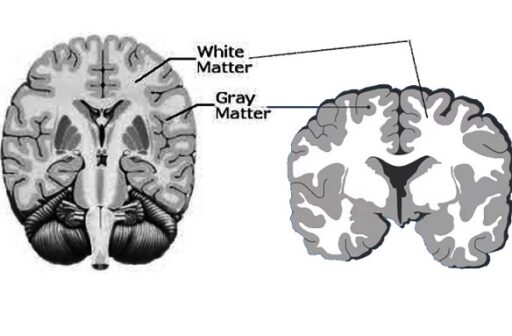Tai Chi Chuan (TCC) is an increasingly popular multimodal mind-body practice with potential cognitive benefits, yet the neurobiological mechanisms underlying these effects, particularly in relation to brain white matter microstructure, remain largely unknown. In this study published in the April 2023 issue of Brain sciences, Chinese scientists used diffusion tensor imaging (DTI) and the attention network test (ANT) to compare 22 TCC practitioners and 18 healthy controls.

They found extensive differences in fractional anisotropy (FA), mean diffusivity (MD), axial diffusivity (AD), and radial diffusivity (RD) between the two groups. Specifically, TCC practitioners had significantly different diffusion metrics in the corticospinal tract (CST), fornix (FX)/stria terminalis (ST), and cerebral peduncle (CP). They also observed a significant correlation between increased FA values in the right CP and ANT performance in TCC practitioners.
Their findings suggest that optimized regional brain white matter microstructure may contribute to the complex information processing associated with TCC practice, providing insights for preventing cognitive decline and treating neurological disorders with cognitive impairment in clinical rehabilitation.